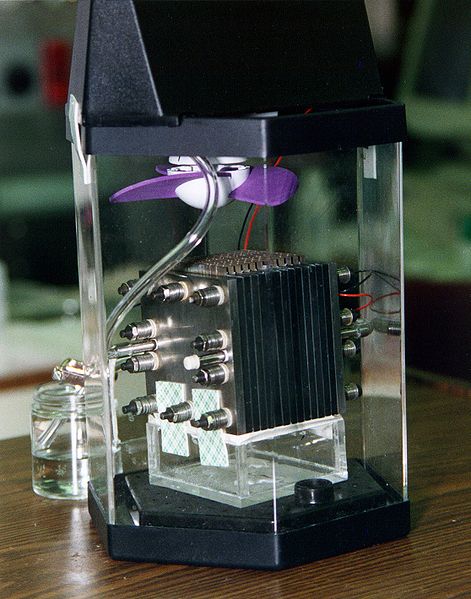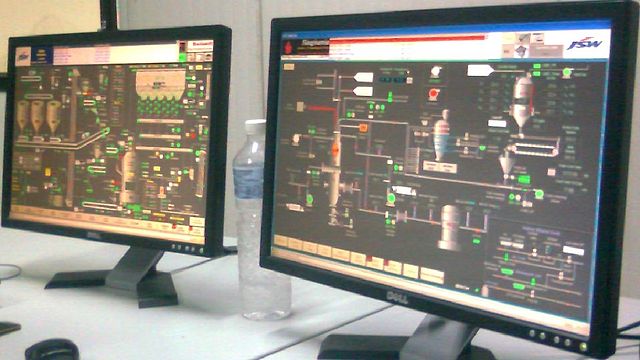George Edward Davis (1850–1907) is regarded as the founding father of the discipline of chemical engineering.
George E. Davis
Chemical engineering is an engineering field which deals with the study of operation and design of chemical plants as well as methods of improving production. Chemical engineers develop economical commercial processes to convert raw materials into useful products. Chemical engineering uses principles of chemistry, physics, mathematics, biology, and economics to efficiently use, produce, design, transport and transform energy and materials. The work of chemical engineers can range from the utilization of nanotechnology and nanomaterials in the laboratory to large-scale industrial processes that convert chemicals, raw materials, living cells, microorganisms, and energy into useful forms and products. Chemical engineers are involved in many aspects of plant design and operation, including safety and hazard assessments, process design and analysis, modeling, control engineering, chemical reaction engineering, nuclear engineering, biological engineering, construction specification, and operating instructions.

Chemical engineers design, construct and operate process plants (fractionating columns pictured)
George E. Davis
Demonstration model of a direct-methanol fuel cell. The actual fuel cell stack is the layered cube shape in the center of the image.
Chemical engineers use computers to control automated systems in plants




